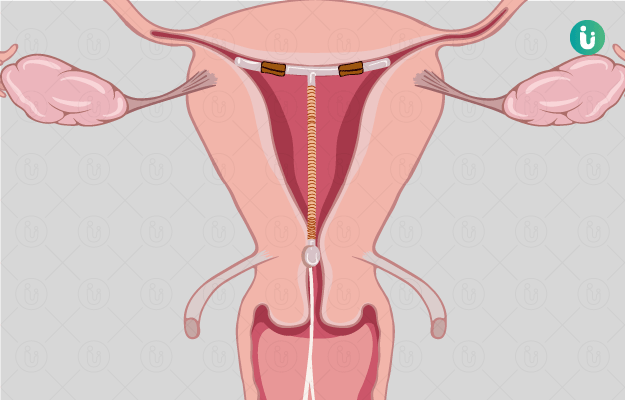Morning sickness refers to the feelings of nausea during pregnancy and contrary to its name, it can be experienced by a woman at any time during the day. However, morning sickness symptoms are at the worst during mornings, which gets it the name. It is quite normal to have morning sickness, particularly during the first trimester of pregnancy. Almost two-thirds of pregnant women experience this. However, if your symptoms are severe and discomforting, it is important that you seek medical attention to determine other underlying factors. This article will familiarize you with the causes, symptoms, prevention and management of morning sickness to ensure your best pregnancy health.
New Year Bumper Sale @ Rs. 1
X

- हिं - हिंदी
- En - English
- Treatment
-
- Skin Issues
- Acne
- Fungal Infection
-
- Hair Problems
- Hair Growth
- Hair Dandruff
- Self-Analysis
-
- Chronic Diseases
- Diabetes
- Heart Care
- Weight Loss
- Sleep Support
- Liver Care
- Stress & Anxiety
- Our Brands
- Doctor Consultation
- Medicine A-Z
-
Health A-Z
-
- Treatments
- Home Remedies
- Herbs
- Surgery
- Lab Test
- Therapy
- First Aid
- Ayurveda
- Homeopathy
-
- Yoga And Fitness
- Fitness
- Yoga
- Weight Loss
- Weight Gain
-
- Other Topics
- Baby Names
- Beauty
- Healthy Foods
- Tips
- Health News
- Pet Health
- Men Health
- Medical Cannabis
- Login / Sign Up









































